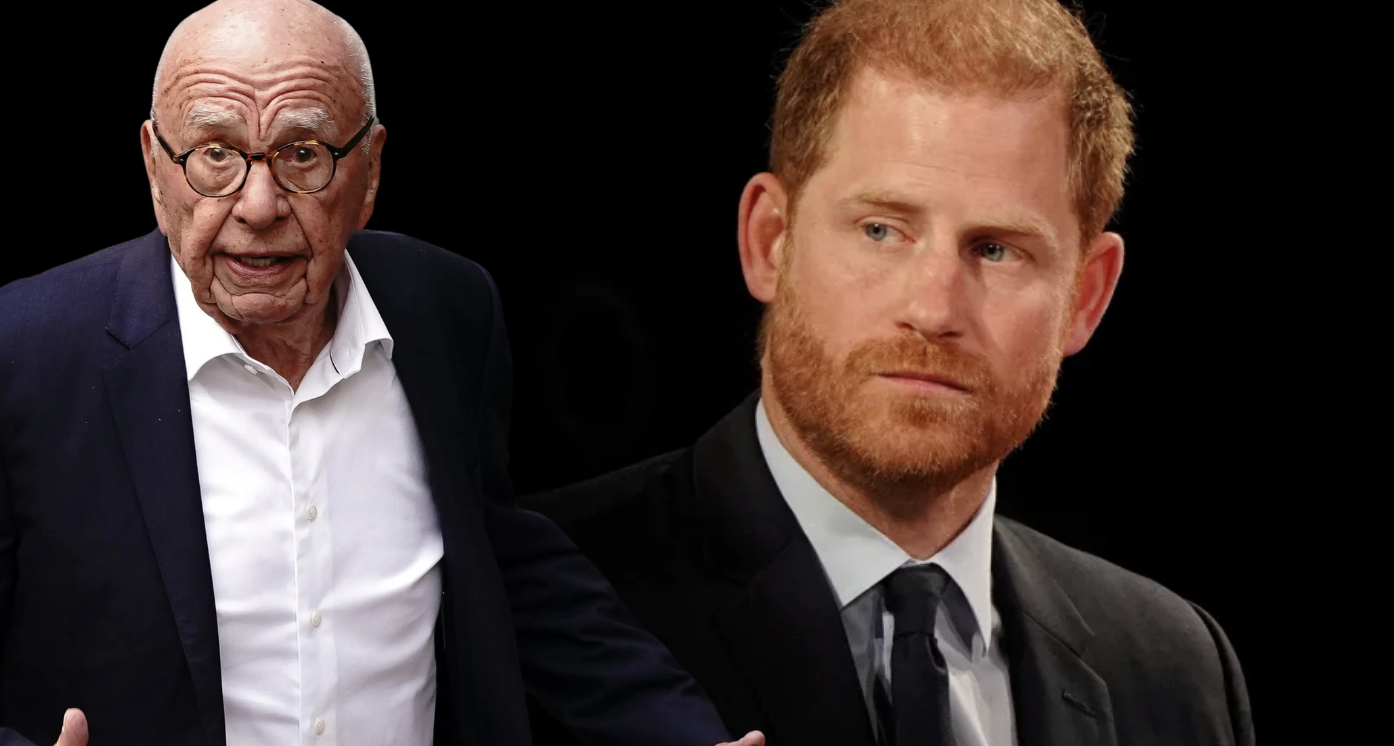Prince Harry has secured a monumental win against Rupert Murdoch’s UK media empire in a case that could reshape how tabloid journalism operates. The settlement includes a rare admission of wrongdoing by The Sun, marking the first time its parent company, News Group Newspapers (NGN), has publicly acknowledged engaging in unlawful practices.
This legal battle centred on claims that The Sun and the now-defunct News of the World used illegal methods, including phone hacking, to obtain information about Harry and his late mother, Princess Diana, over a span of 15 years. NGN’s apology, coupled with a significant damages payout, is being hailed as a landmark moment for privacy rights.
“This victory proves no one is above the law,” Prince Harry said in a statement. His legal team, led by David Sherborne, described the settlement as not just a financial win but a moment of transparency exposing systemic abuses within the tabloid industry.
A long shadow of intrusion
The prince’s relationship with the media has been turbulent since childhood, shaped profoundly by the death of Princess Diana in 1997. Her passing, attributed in part to aggressive paparazzi pursuit, has driven Harry’s lifelong campaign for media accountability.
This case goes beyond personal grievances. NGN’s admission implicates The Sun in practices it had long denied, acknowledging the emotional and reputational damage caused to Harry and his family. For Harry, it’s a step toward changing the narrative of press intrusion that has haunted the monarchy for decades.
Repercussions across the industry
While NGN has reportedly settled more than 1,300 claims over unlawful activity, Harry’s case is unique for its demand for transparency. Industry watchers have noted the renewed focus on key players like Rebekah Brooks, former editor of The Sun and now CEO of News UK. Brooks, who was acquitted in a 2014 phone-hacking trial, faces fresh scrutiny over allegations of a toxic newsroom culture during her tenure.
“This isn’t just about Harry,” said Tom Watson, a former UK MP and co-claimant in the case. “It’s about holding organisations accountable for systemic abuses of power.”
The financial toll of accountability
The settlement is believed to exceed £10 million, adding to NGN’s estimated £1 billion spend on legal claims and settlements over the years. While the company asserts that internal reforms have eliminated illegal practices, Harry’s lawyers remain unconvinced, pointing to allegations of destroyed evidence as part of a “deliberate conspiracy” to obstruct justice.
If proven, these claims could reopen unresolved cases and lead to further investigations, putting more pressure on an already embattled media empire.
Setting a global precedent
Harry’s fight is far from over, with ongoing lawsuits against other media groups, including the publisher of the Daily Mail. His relentless pursuit of justice challenges not only the UK media but also broader industry norms about the balance between press freedom and personal privacy.
For Australian media and marketing professionals, this case serves as a reminder of the ever-evolving landscape of media accountability and ethics. As public scrutiny on privacy intensifies, brands, publishers, and agencies must adapt to a world where transparency and ethical practices are no longer optional but essential.
Prince Harry’s words resonate as a call to action for an industry often caught between profit and principle: “The fight isn’t over, but this is a critical step toward justice and accountability.”
Pictured: Rupert Murdoch and Prince Harry
